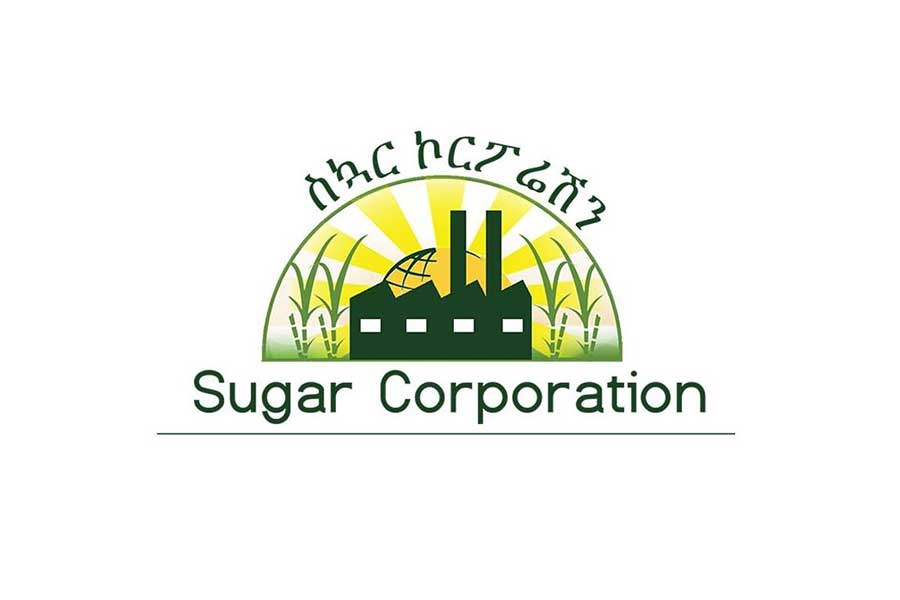
Radar | Mar 12,2022
Two e-commerce platforms, which will enable online commerce locally as well as allow buyers outside the country to transact in goods available domestically, are set to be launched by Belcash Ethiopia.
Hellomarket will be the platform used for local transactions, enabling buyers to order, deliver and pay for goods through electronic banking services. Belcash has signed an agreement with DHL Express, a Germany company, for logistics services.
For buyers abroad, Belcash introduced Helloshop, a platform that allows domestic products to be ordered through the firm’s portal and the payment to be processed through Mastercard Payment Gateway Services.
“This will make foreign currency flow through the proper channels to local banks,” said Zewdu Assefa, deputy CEO of Belcash Ethiopia. “The seller receives the Birr equivalent of the amount earned in foreign currency.”
The goods Belcash is showcasing include value-added leather, textile, coffee and other dry edible and cultural products.
The price, picture and specification of the products will be uploaded on the portals by Belcash with a plan to provide warehouses with the aim of monitoring the quality and quantity of goods.
Belcash Ethiopia, a subsidiary of Netherlands-based Belcash Technology Solutions, was established in 2011. It currently is working with Lion International Bank, Cooperative Bank of Oromia, Wegagen Bank and Somali Micro Finance Institution to launch a pilot project this week.
For the pilot project, it entered a partnership with SNV, a Dutch development firm established in 1965, and SIDA, a Swedish non-profit organisation.
Belcash plans to register goods produced by 2,500 women-owned businesses on Hellomarket and Heloshop platforms. The women are part of SNV’s Livelihood Improvement for Women & Youth project.
Currently, 40 women from the group have received training by Belcash on how to grow brands and package products. They were also given awareness training on digital platforms.
An expert on ICT at the Addis Abeba University for more than one and half decades appreciates that such a platform has been realised as it creates more market exposure for micro-enterprises.
“In parallel to the platform, people in micro-enterprises should be trained to utilise different websites and other e-system alternatives to develop their businesses and enter markets on their own,” said Mesfin Fikre (PhD).
Lack of an e-payment system, together with regressive policies and regulations for financial inclusion, are the main reasons for the lack of financial technology’s growth in Ethiopia, according to Zewdu.
PUBLISHED ON
Dec 29,2018 [ VOL
19 , NO
974]

Radar | Mar 12,2022

Radar | Jun 20,2020

Fortune News | Jan 29,2022

Fortune News | Apr 22,2023

Fortune News | Feb 22,2020

Dec 22 , 2024 . By TIZITA SHEWAFERAW
Charged with transforming colossal state-owned enterprises into modern and competitiv...

Aug 18 , 2024 . By AKSAH ITALO
Although predictable Yonas Zerihun's job in the ride-hailing service is not immune to...

Jul 28 , 2024 . By TIZITA SHEWAFERAW
Unhabitual, perhaps too many, Samuel Gebreyohannes, 38, used to occasionally enjoy a couple of beers at breakfast. However, he recently swit...

Jul 13 , 2024 . By AKSAH ITALO
Investors who rely on tractors, trucks, and field vehicles for commuting, transporting commodities, and f...

Jun 28 , 2025
Meseret Damtie, the assertive auditor general, has never been shy about naming names...

Jun 21 , 2025
A well-worn adage says, “Budget is not destiny, but it is direction.” Examining t...

Jun 14 , 2025
Yet again, the Horn of Africa is bracing for trouble. A region already frayed by wars...

Jun 7 , 2025
Few promises shine brighter in Addis Abeba than the pledge of a roof for every family...